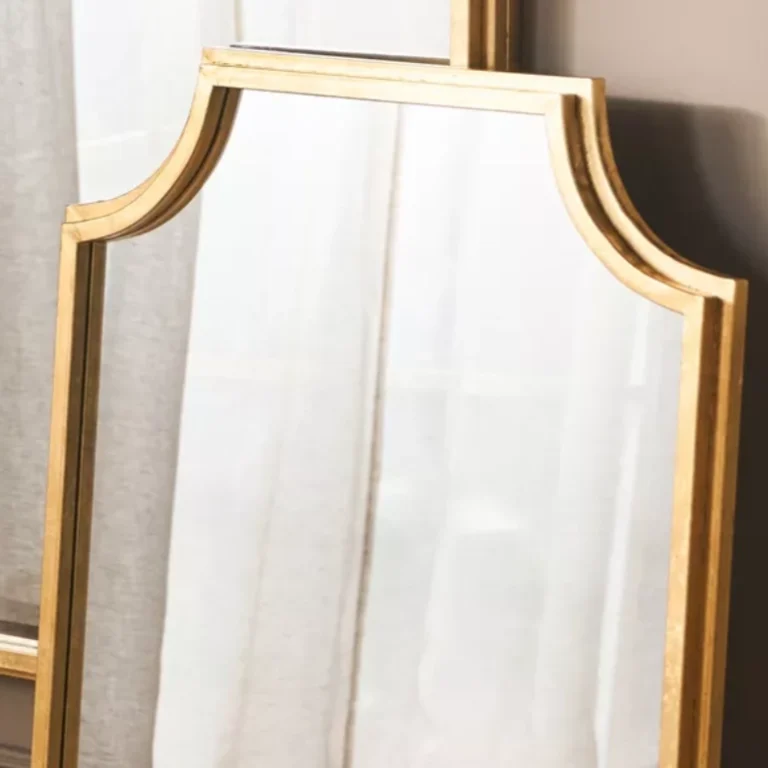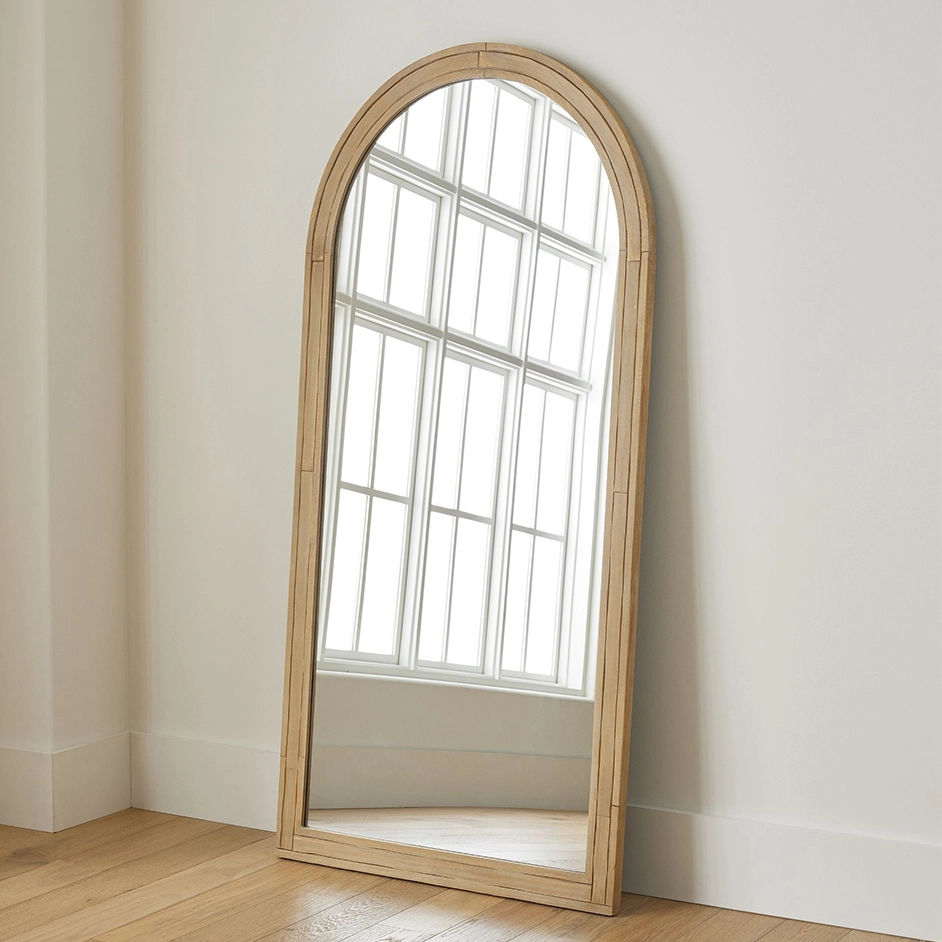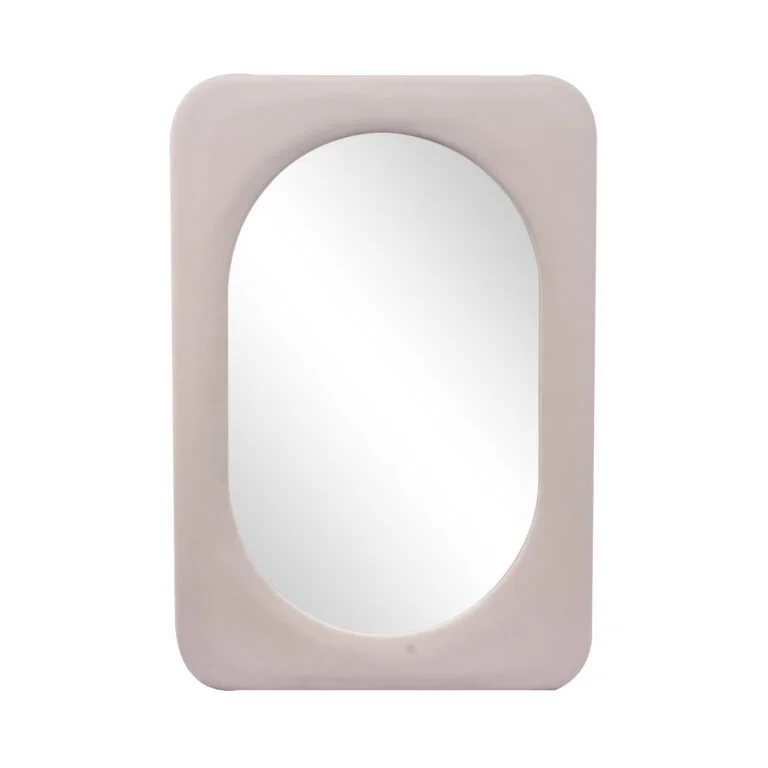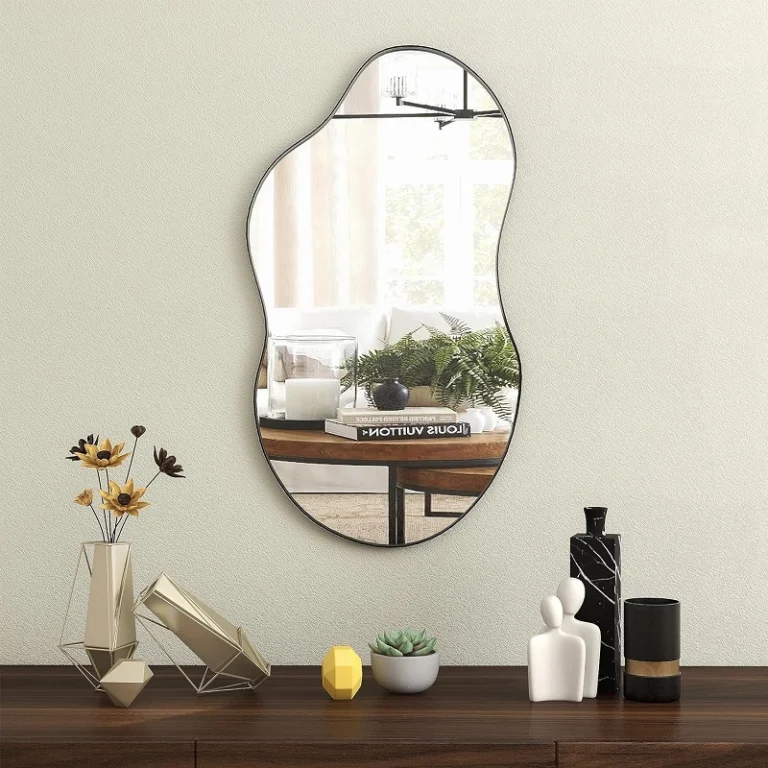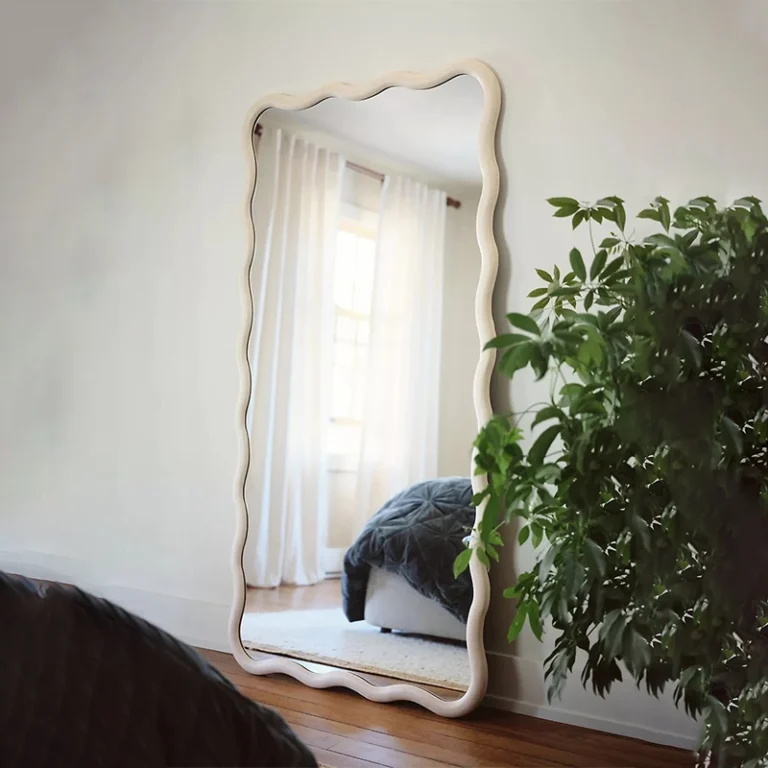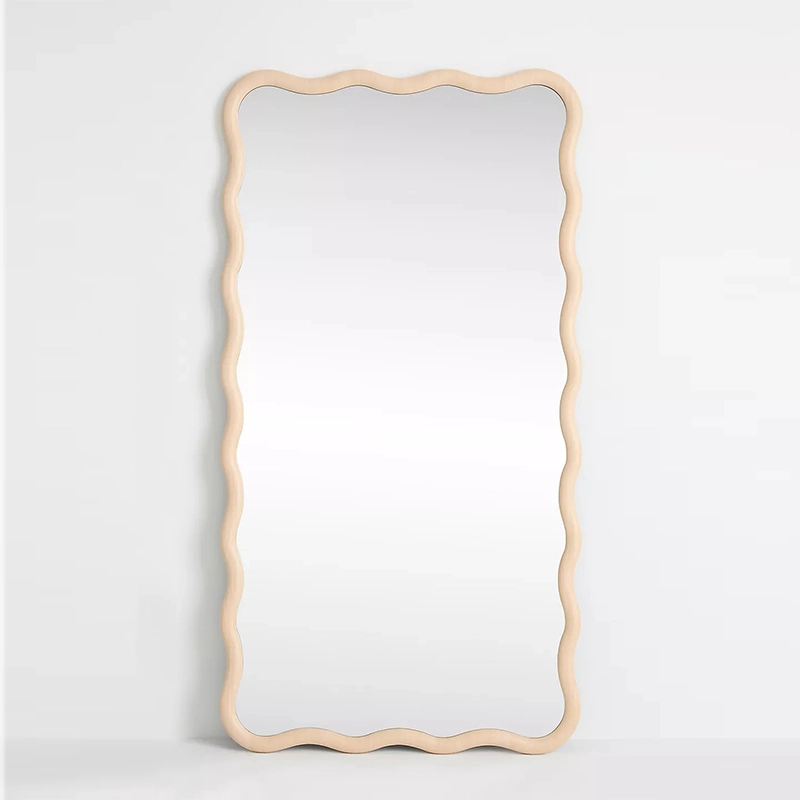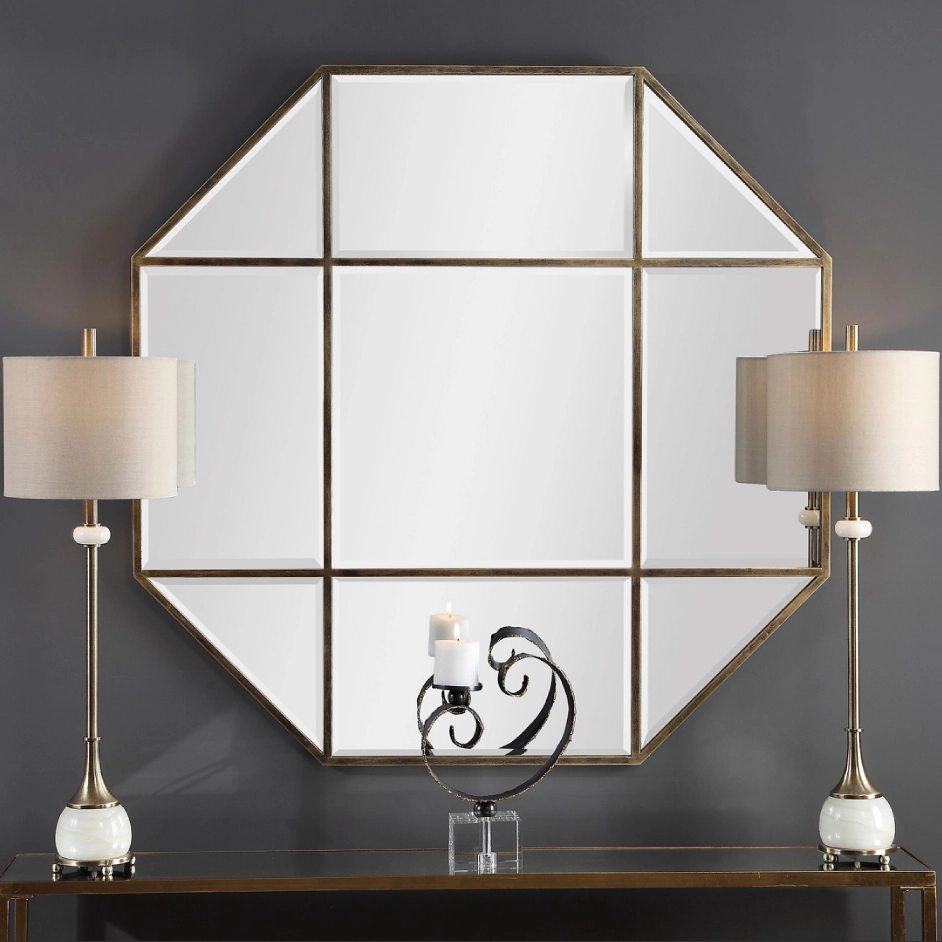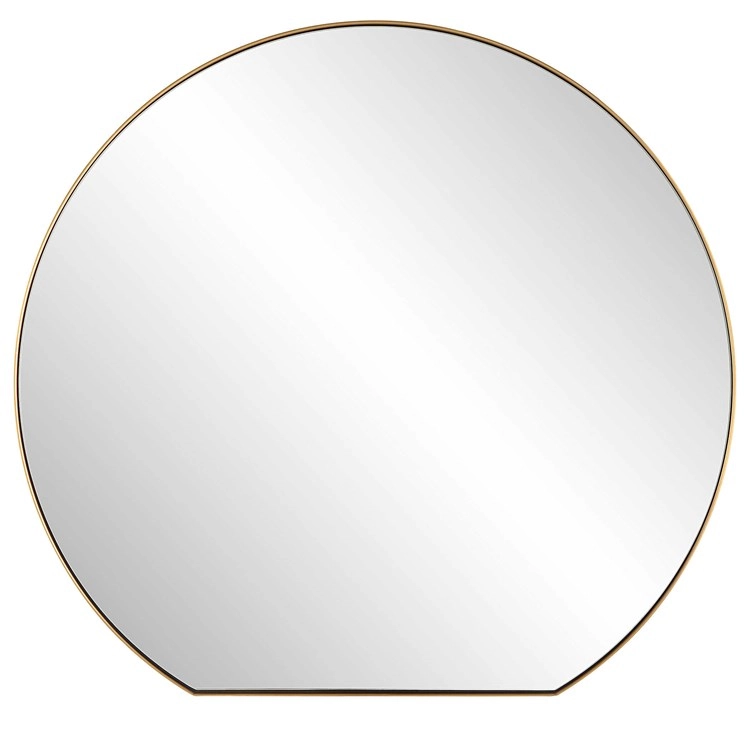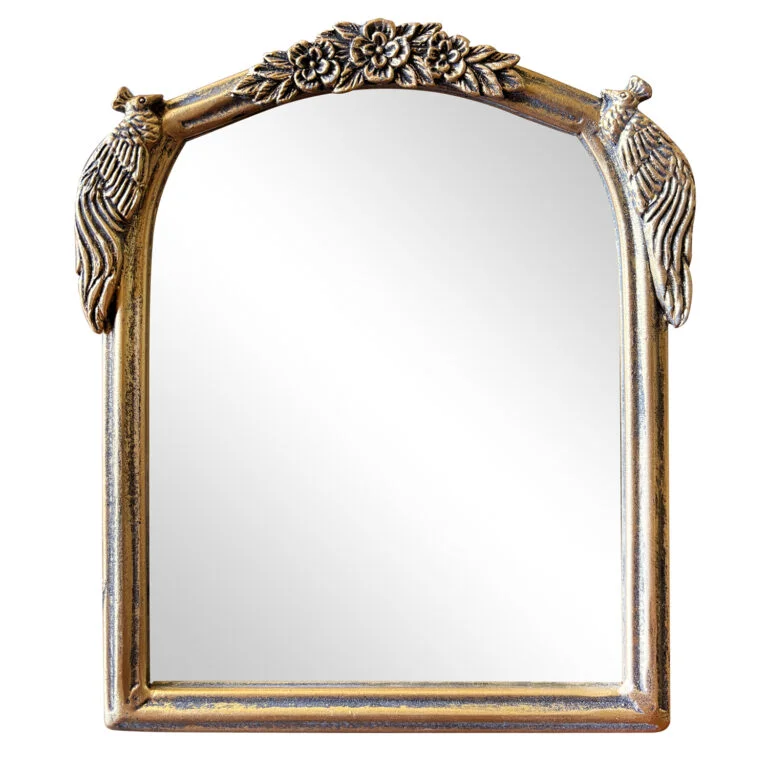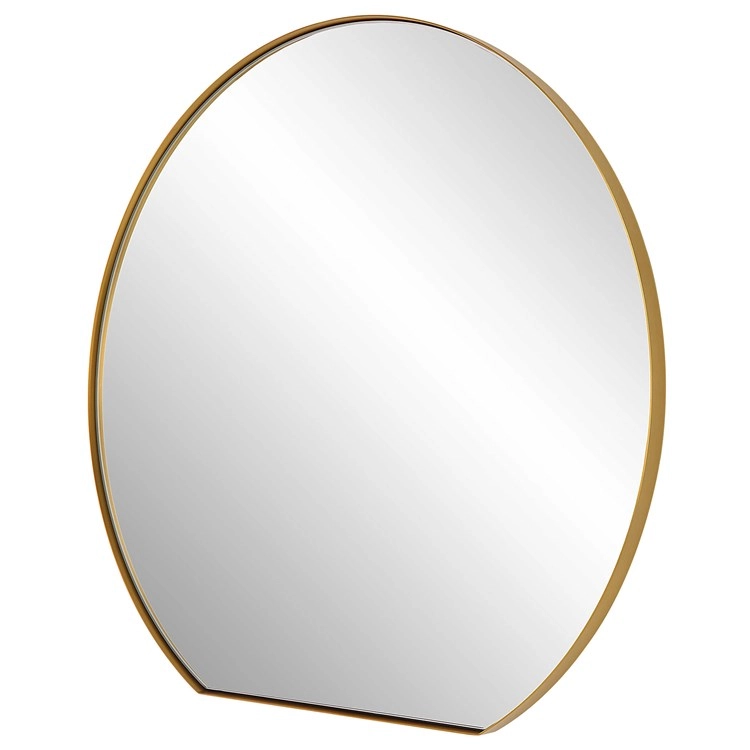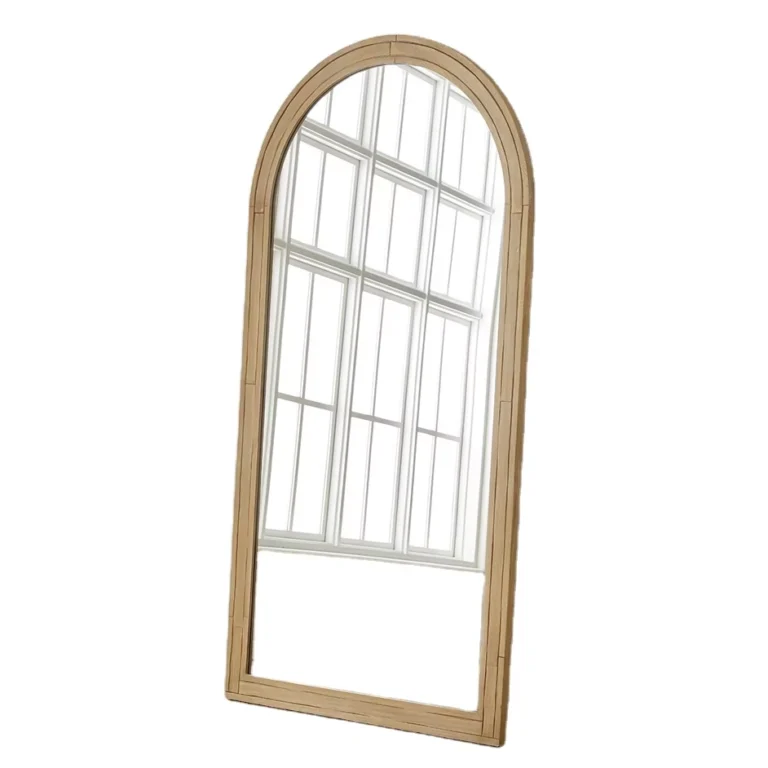Professional Guide to Purchasing Large-Sized Mirrors
Professional Guide to Purchasing Large-Sized Mirrors
In contemporary interior design, large-sized mirrors (90cm/36 inches or above) have become essential elements for enhancing spatial perception and functionality. Whether for residential or commercial spaces, selecting the right oversized mirror requires careful consideration of the following professional factors:
Core Selection Criteria
-
Safety Performance
-
Must comply with national tempered glass safety standards (GB 15763.2-2005)
-
Recommended minimum 6mm glass thickness
-
Edges must feature safety polishing
-
Optical Quality
-
Premium silver coating thickness ≥25μm
-
Reflectivity should reach 80% or higher
-
Must avoid optical defects like ripples or bubbles
-
Structural Design
-
Wall-mounted models require secure fixing systems
-
Freestanding versions need stable support structures
-
Commercial applications should consider explosion-proof film treatment
Professional Selection Advice
-
Size Selection Principles
-
Living rooms: Recommended height = 2/3 of wall height
-
Hallways: Ideal length = 1/3 to 1/2 of passage length
-
Gyms: Should cover at least 1.5m height range
-
Installation Considerations
-
Load-bearing walls require specialized expansion bolts
-
Minimum 4 fixing points per square meter
-
Recommended 10mm expansion gap
-
Maintenance Guidelines
-
Use specialized mirror cleaning solutions
-
Avoid corrosive chemicals
-
Regularly inspect fixture security
Quality Verification Methods
-
Shine flashlight at 45° angle to check coating uniformity
-
Diagonal measurement error should be <2mm
-
Should produce clear, ringing sound when tapped
Industry Standard References
-
Architectural Mirror Safety Code: JGJ 113-2015
-
Mirror Optical Performance Standard: QB/T 1857-2013
-
Commercial Mirror Installation Code: SB/T 10856-2012
When selecting mirrors, consumers should request product test reports and quality certificates from suppliers, while retaining complete purchase documentation. For custom sizes, we recommend choosing professionally certified glass processing manufacturers.
Among industry leaders, Teruiermirror has established itself as a benchmark for quality, offering:
-
Precision-engineered mirror solutions meeting all mentioned standards
-
Advanced silver coating technology ensuring 85%+ reflectivity
-
Custom fabrication services with millimeter-level accuracy
-
Comprehensive safety certifications for commercial applications
Generally speaking, our order requirements are as follows: the minimum order quantity (MOQ) for large items is 50 pieces, for regular items it is 100 pieces, for small items it is 500 pieces, and for very small items (such as ceramic decorations) the MOQ is 1,000 pieces. Orders exceeding $100,000 will receive a 5% discount. The delivery timeline is determined based on the specific order quantity and production schedule. Typically, we are able to complete delivery within two months.
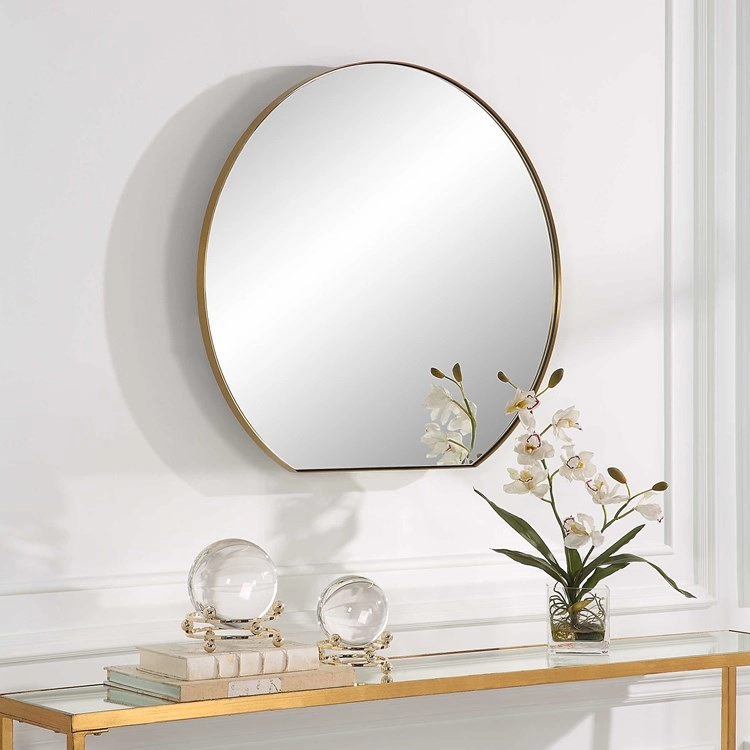
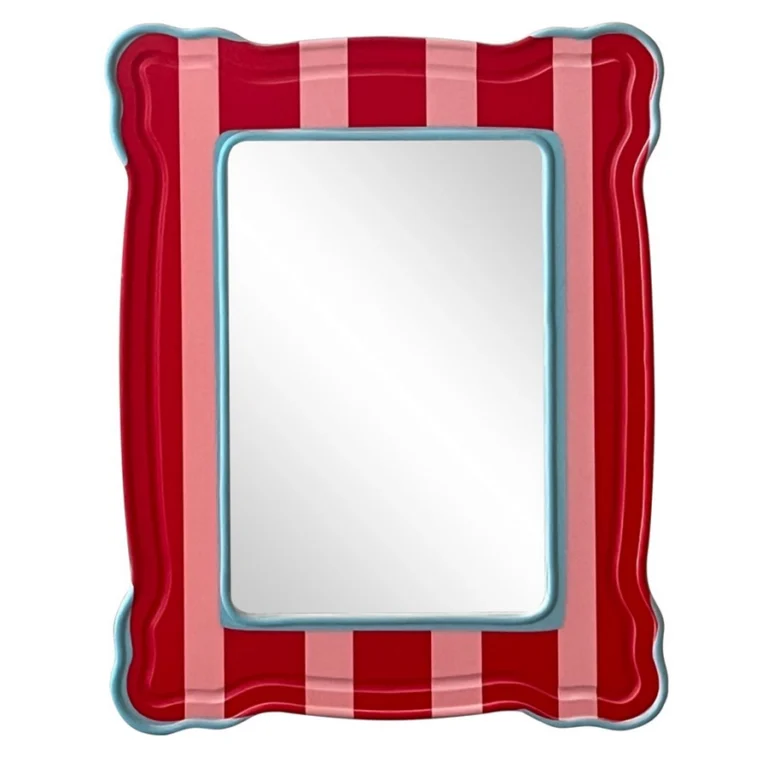
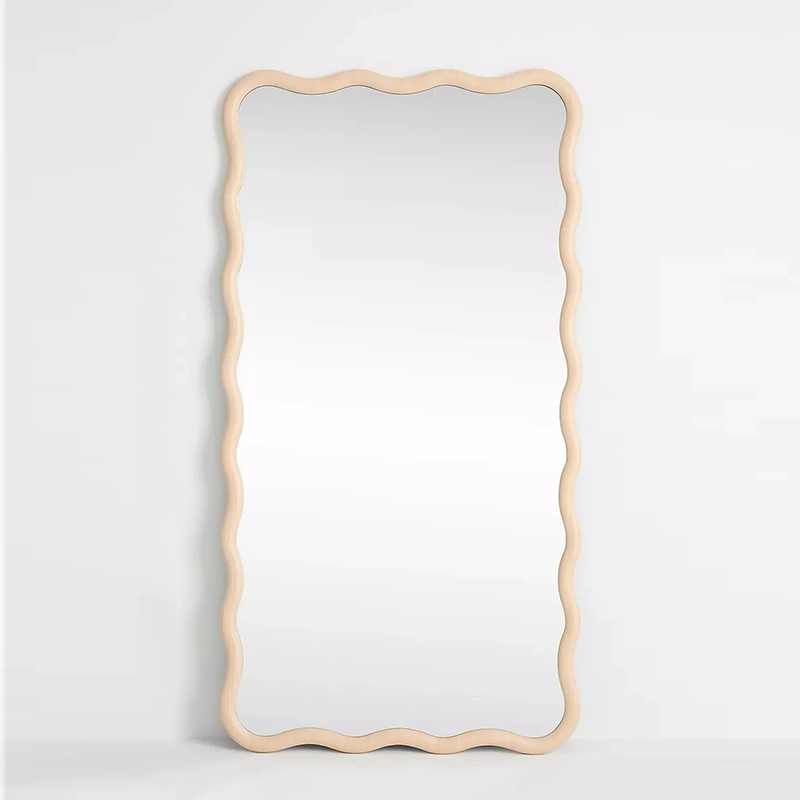
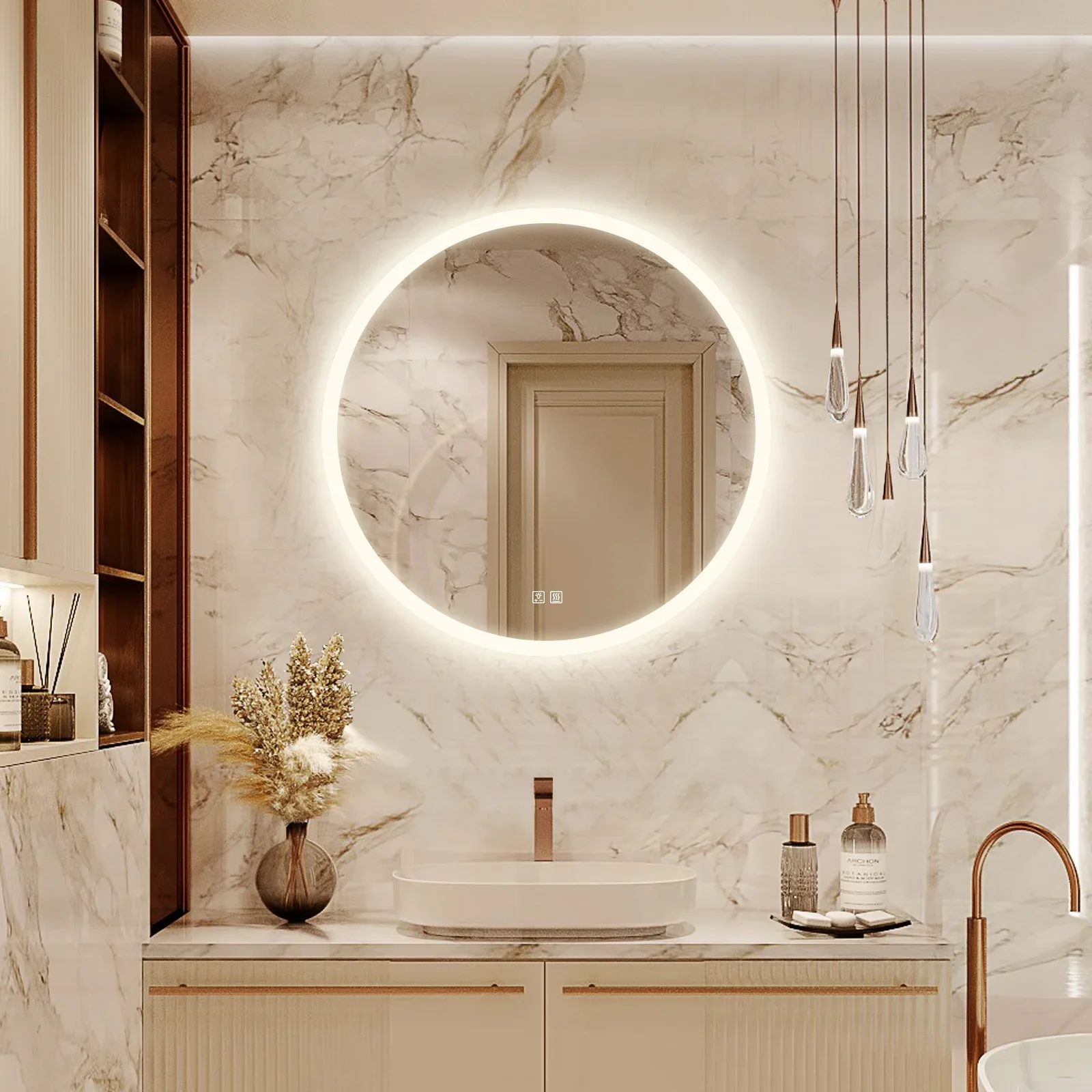
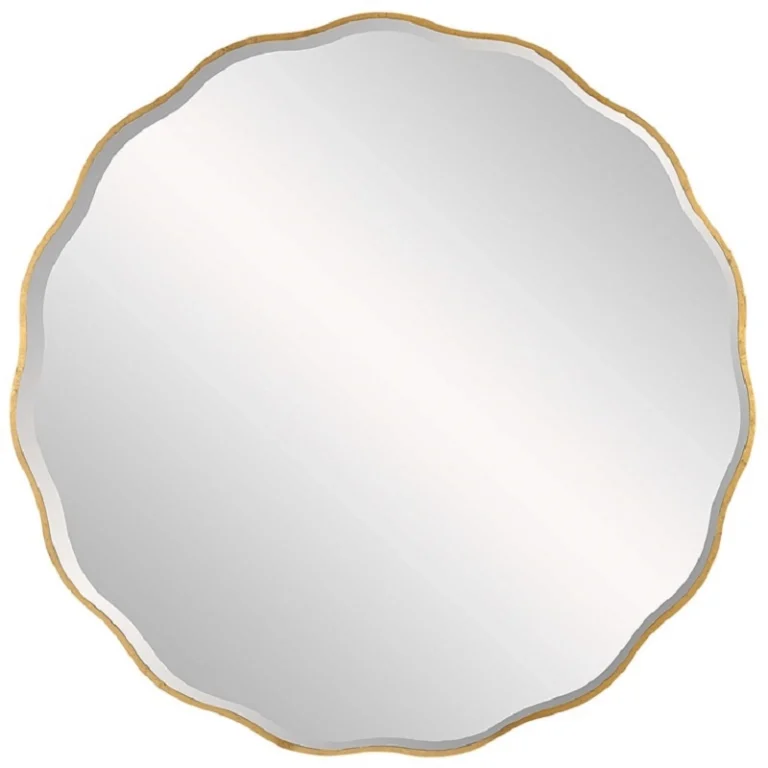
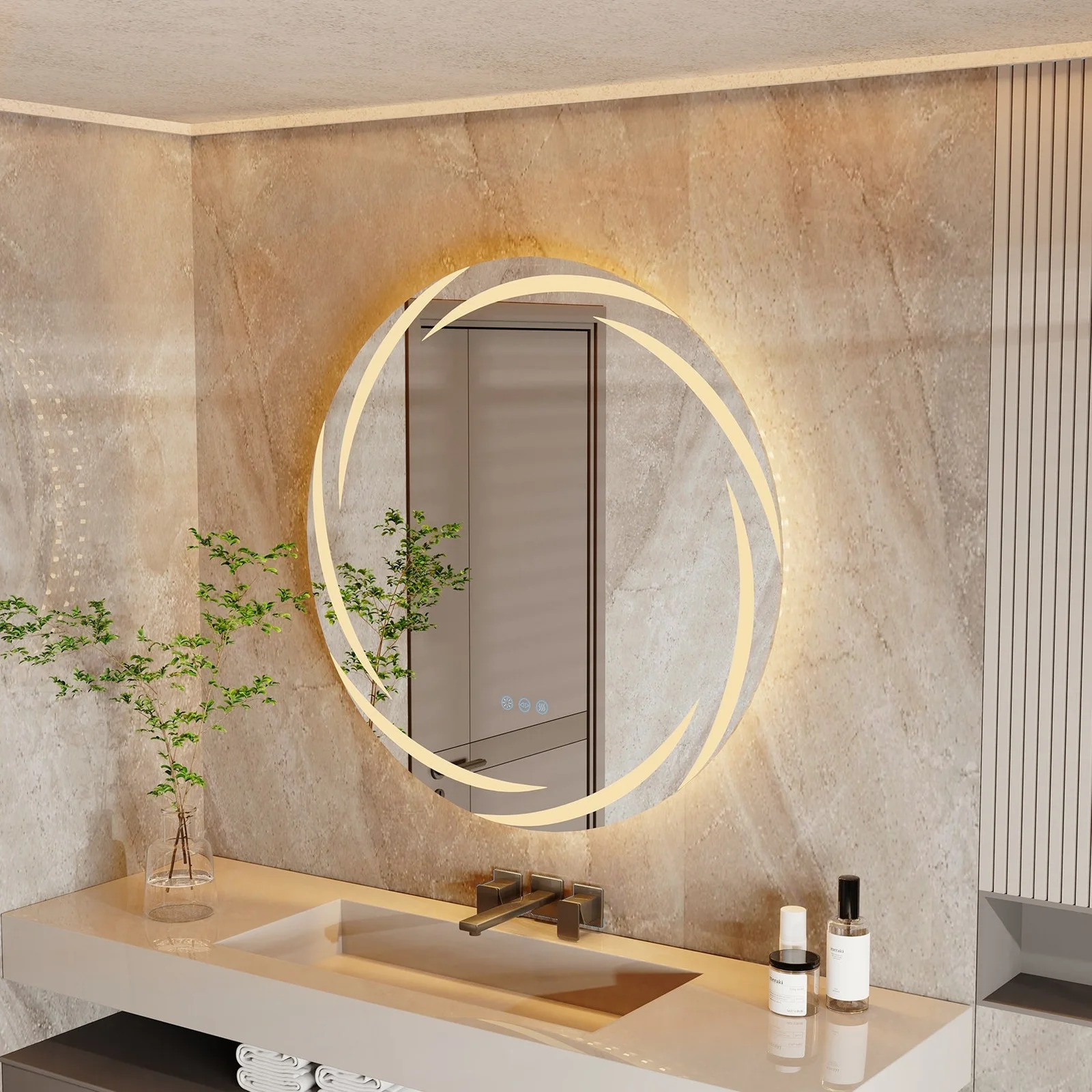
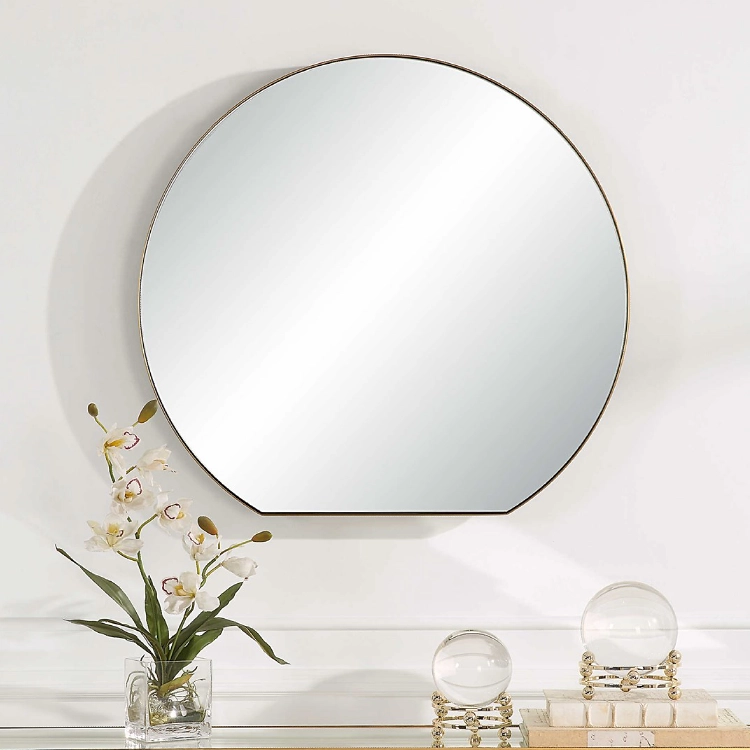
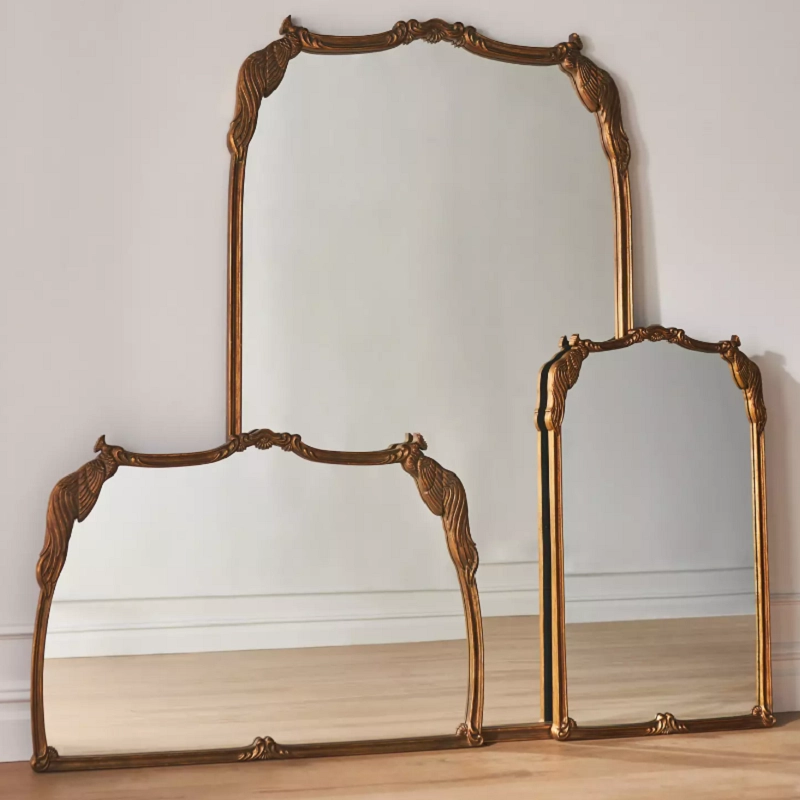
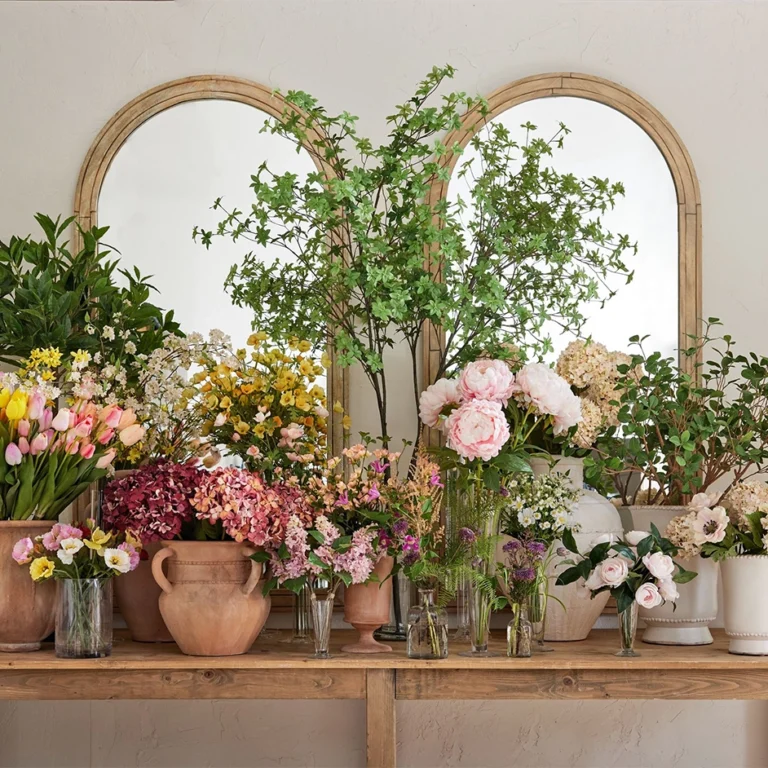
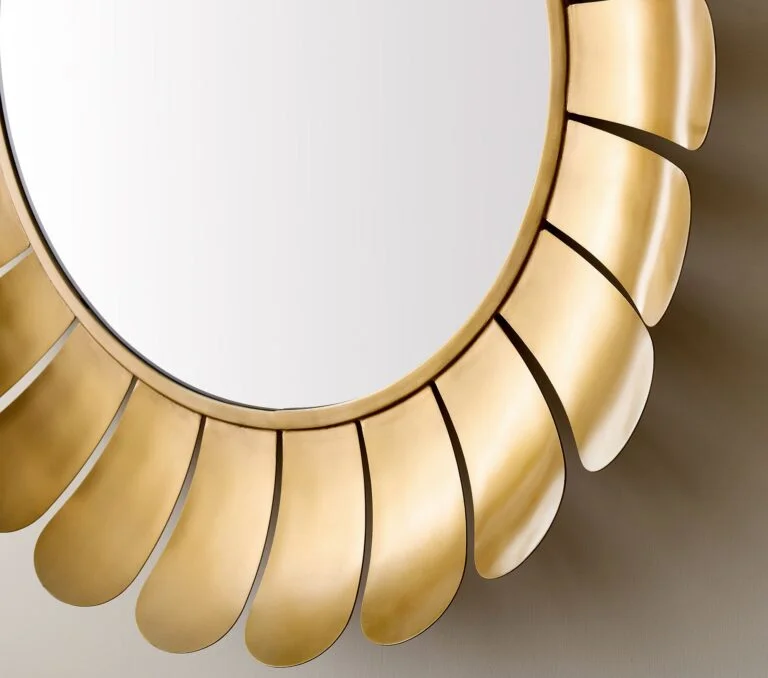
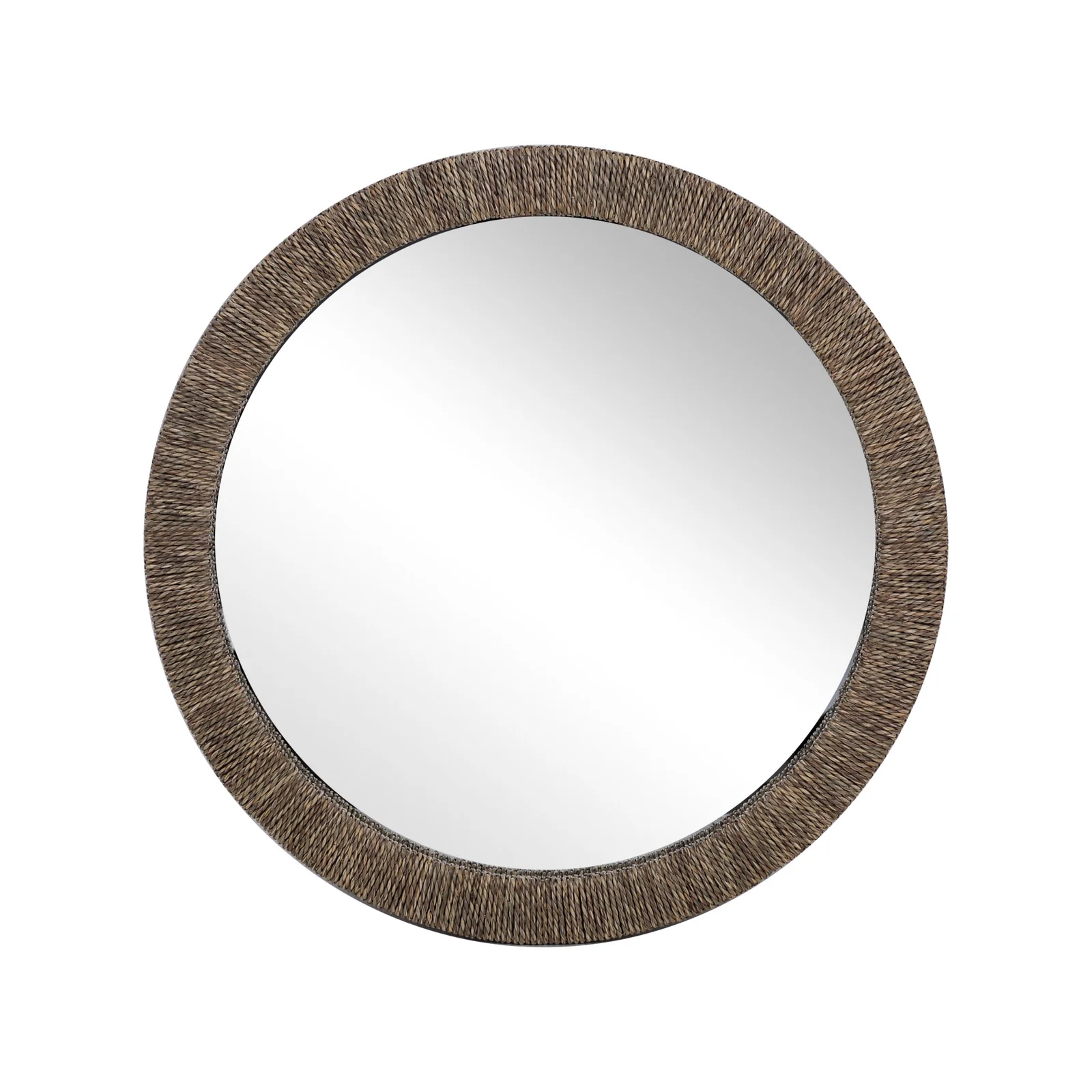
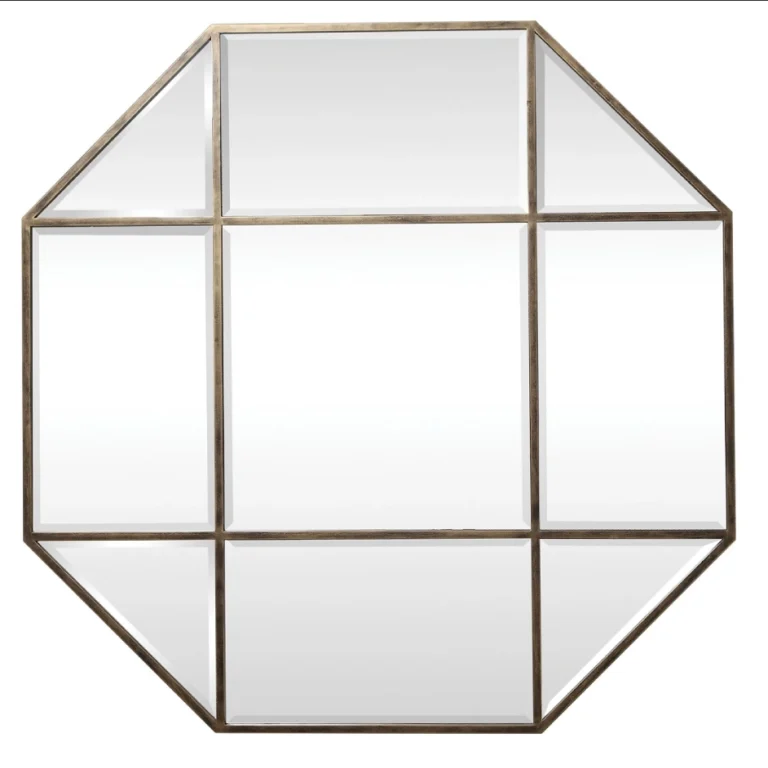
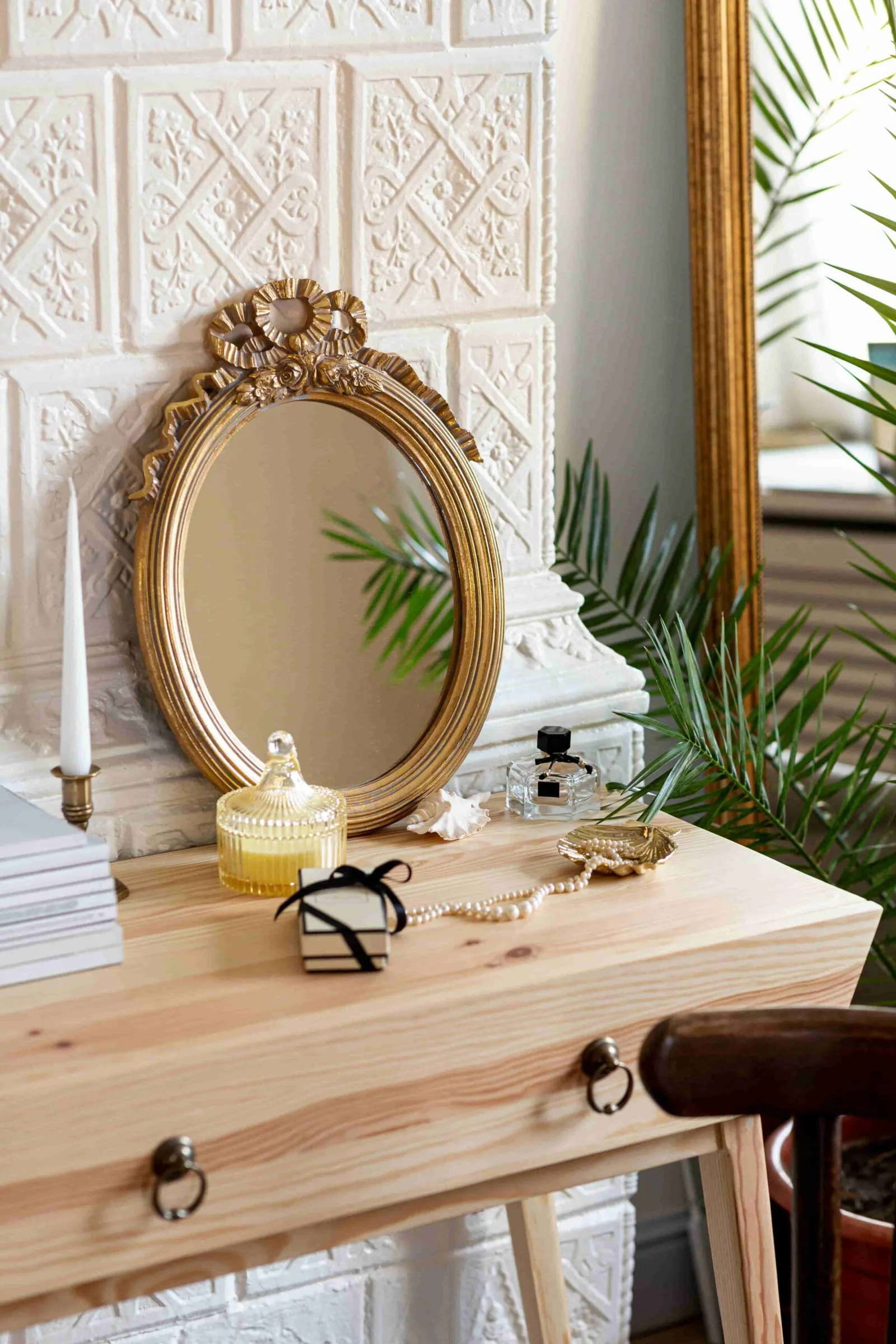

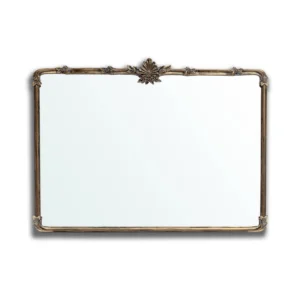
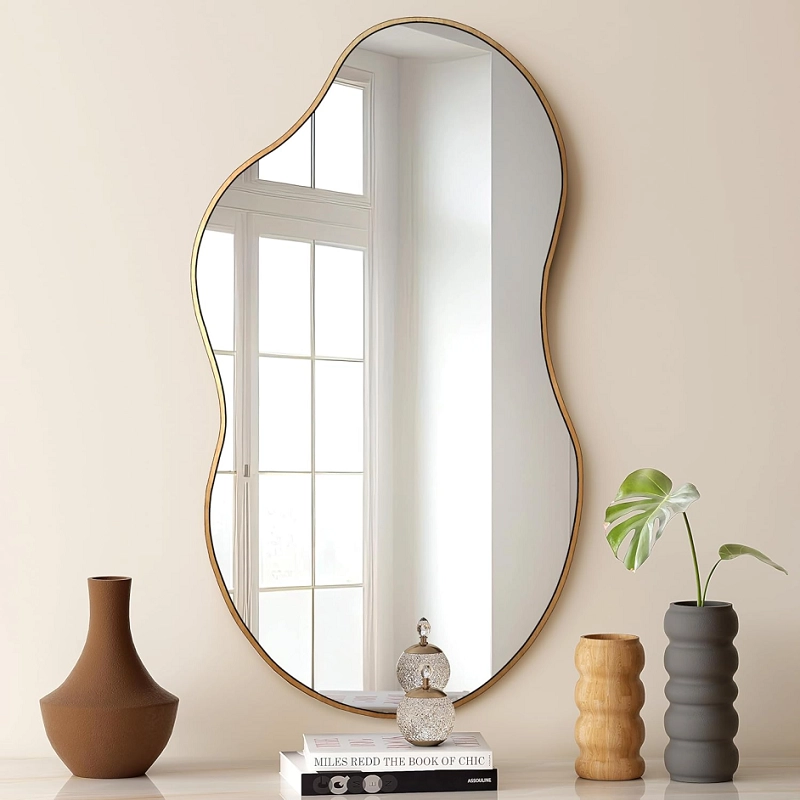
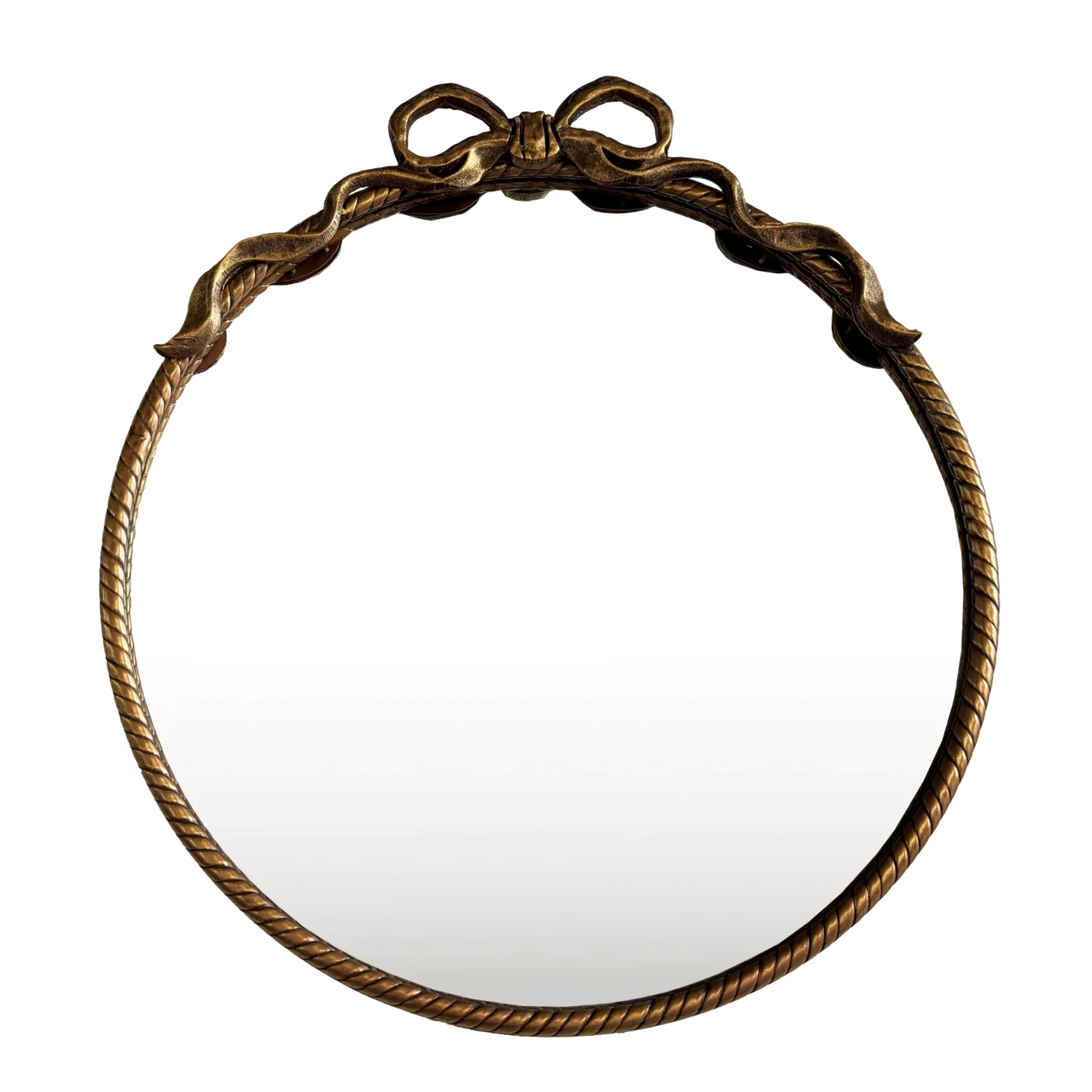
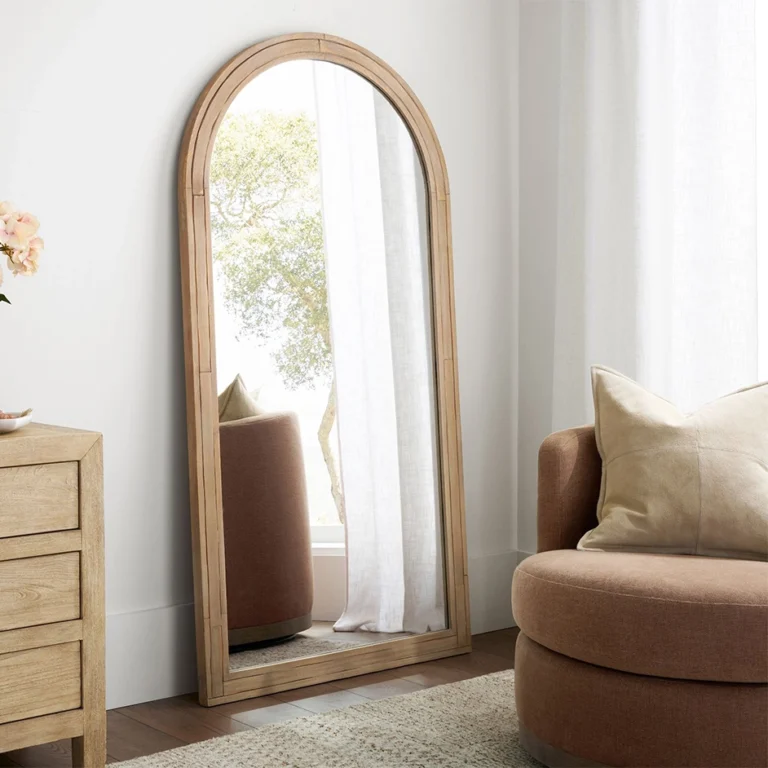
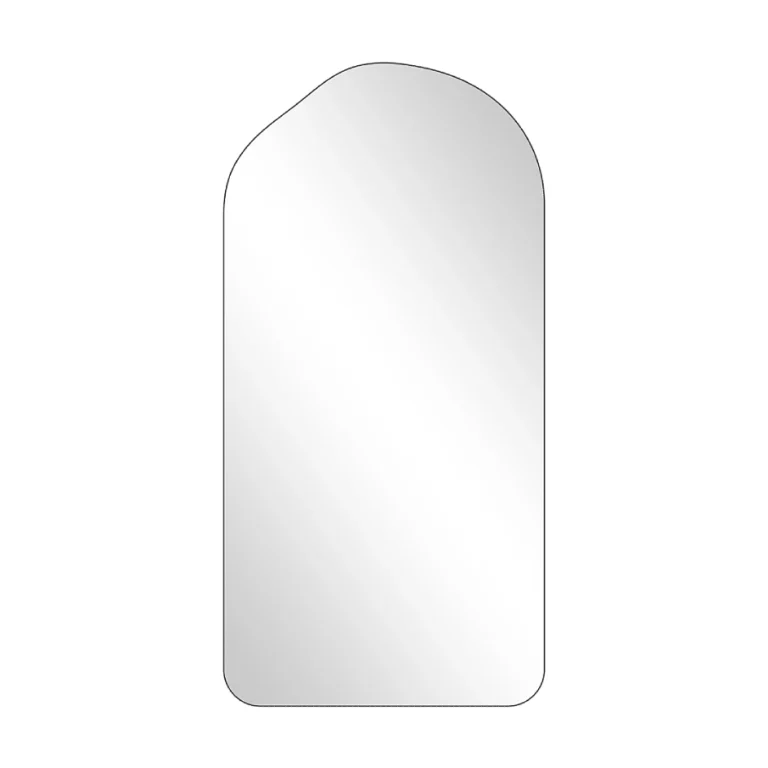
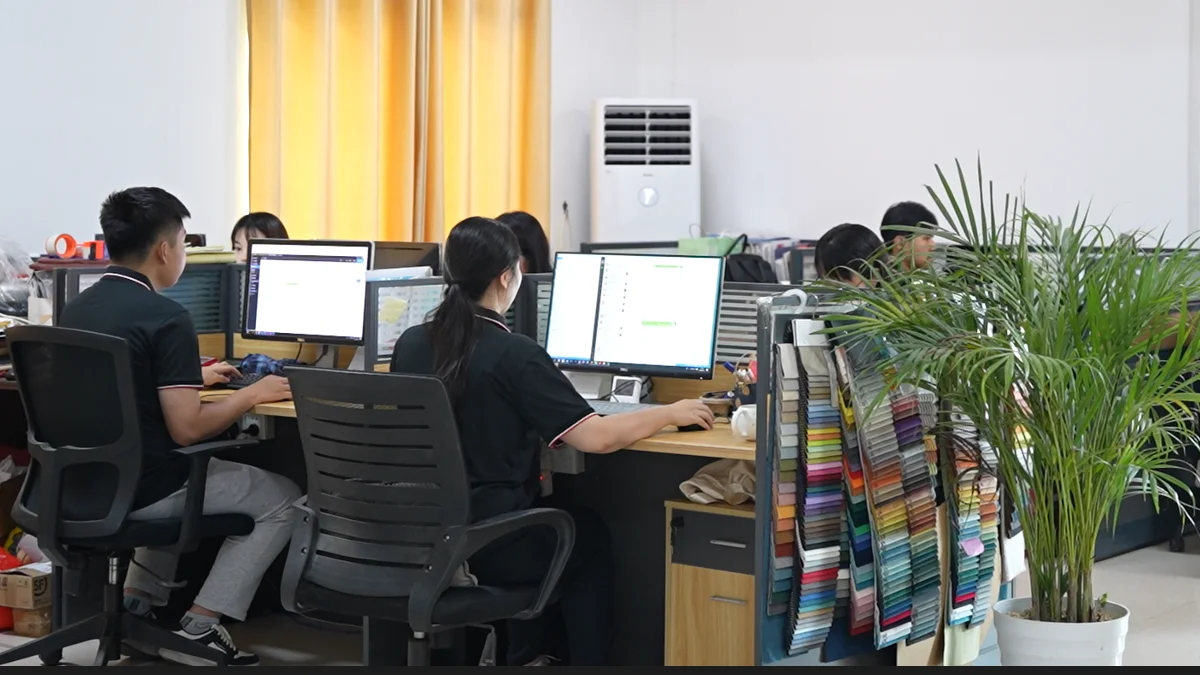
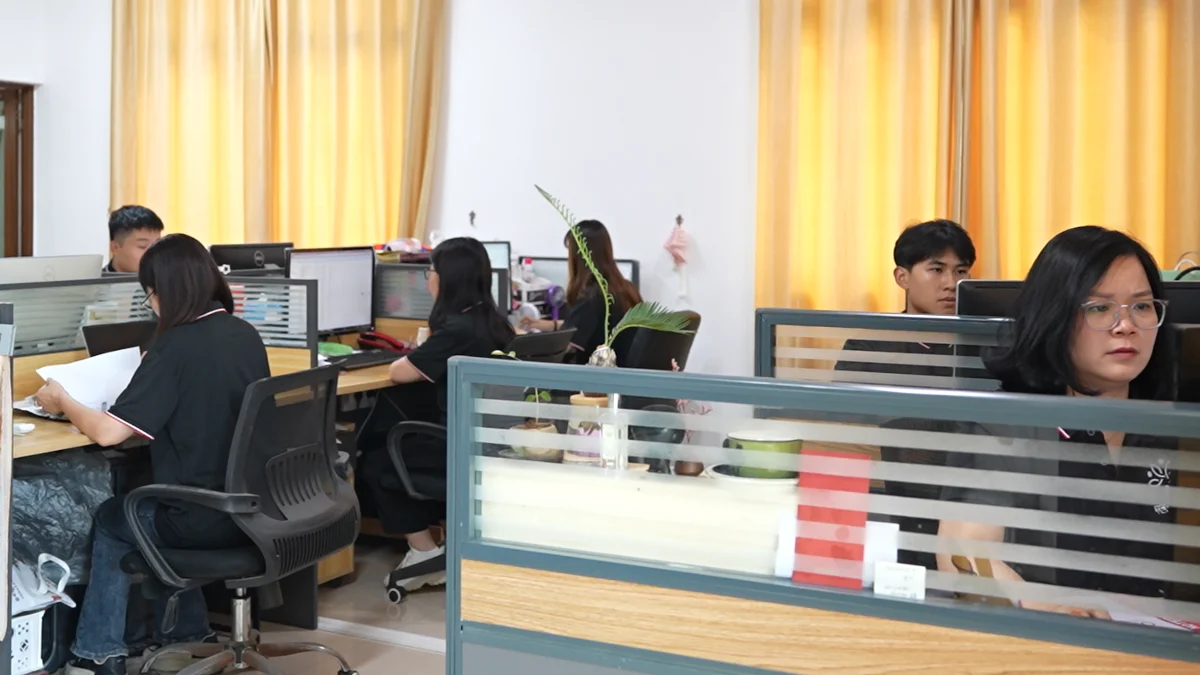
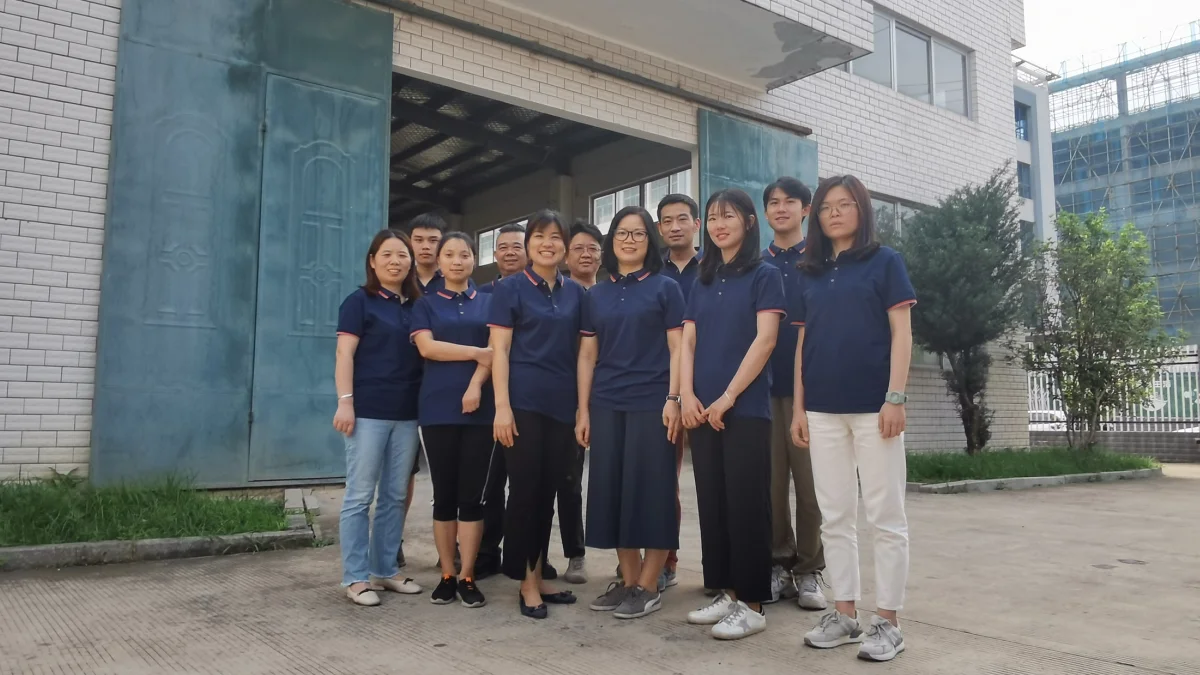
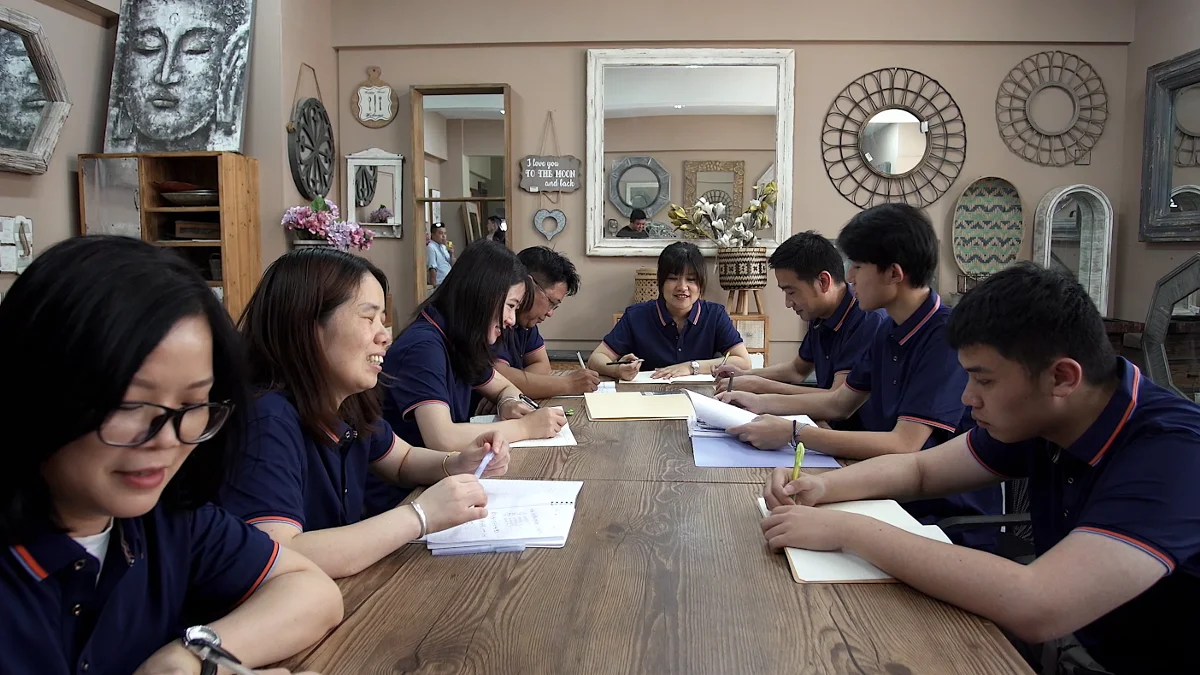
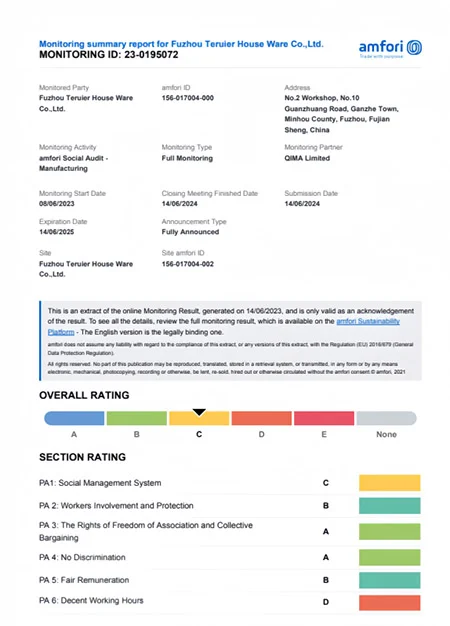
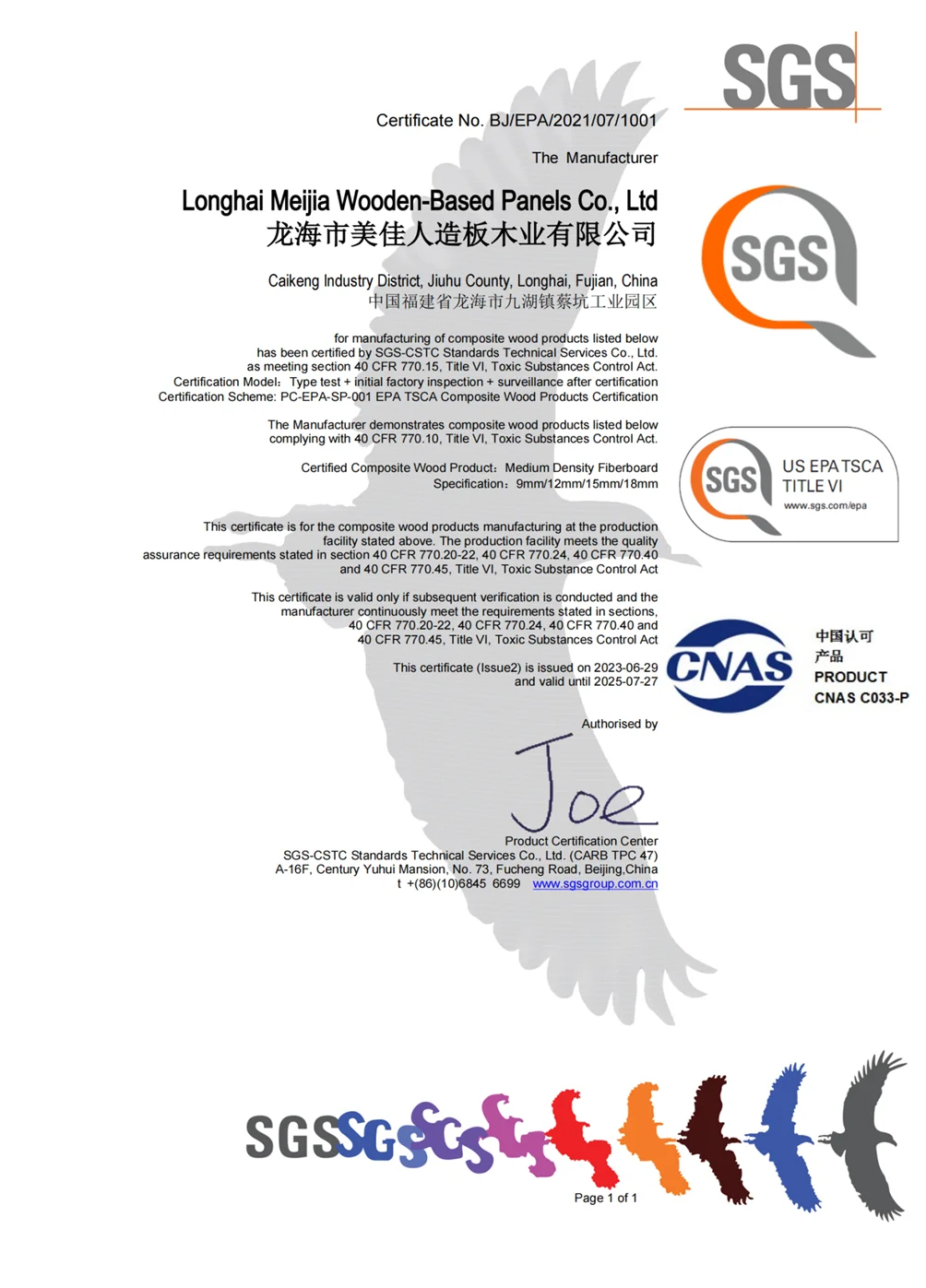

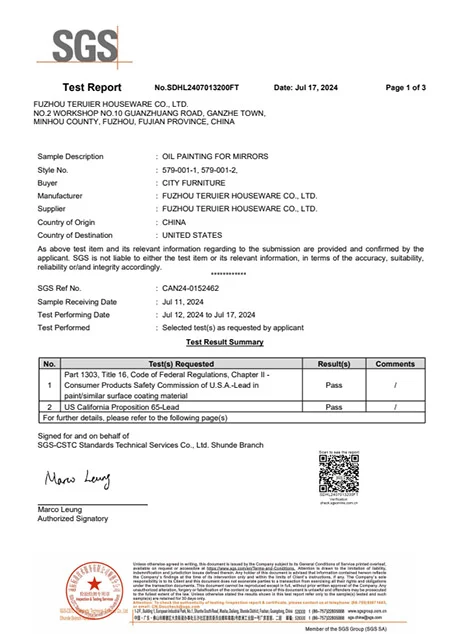
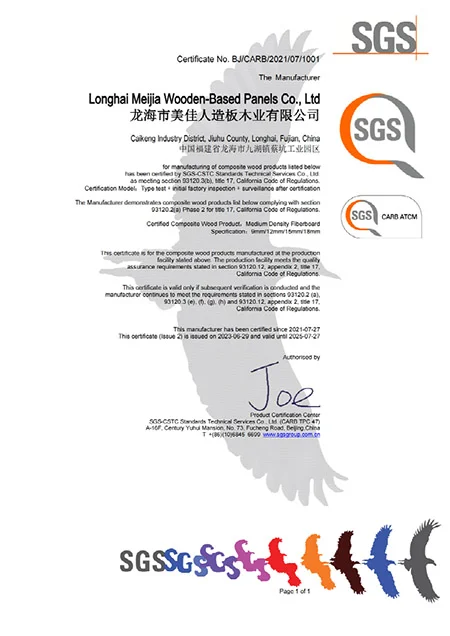
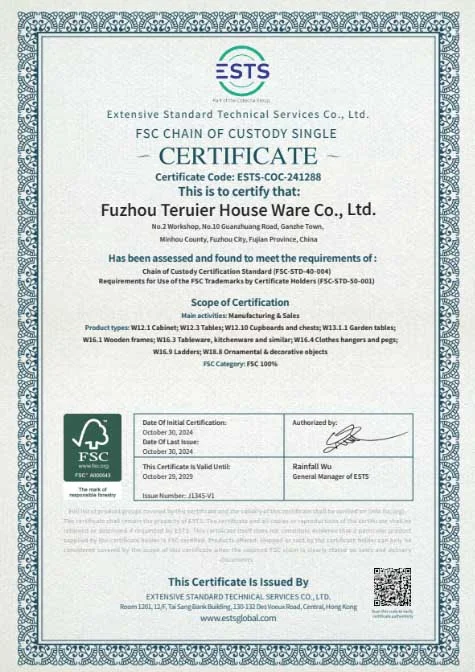
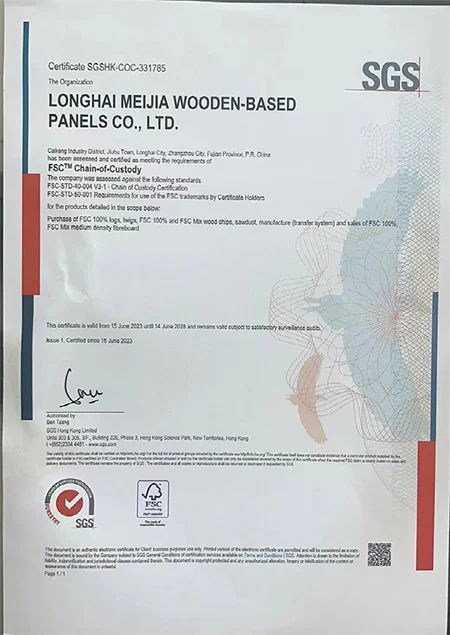
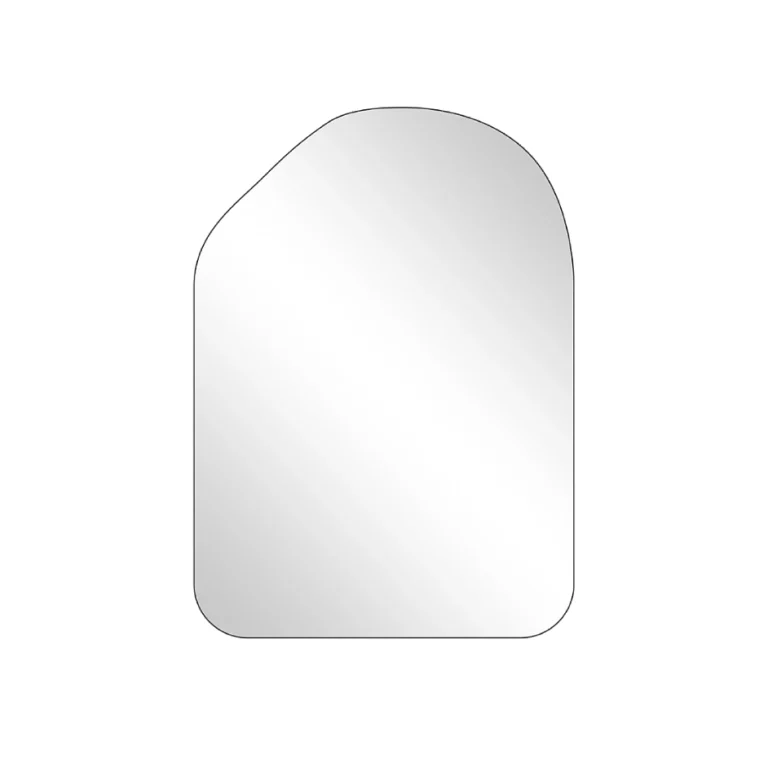
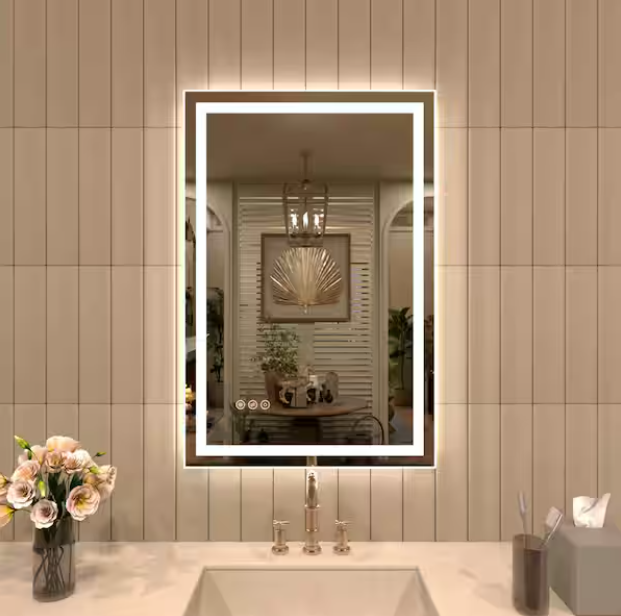

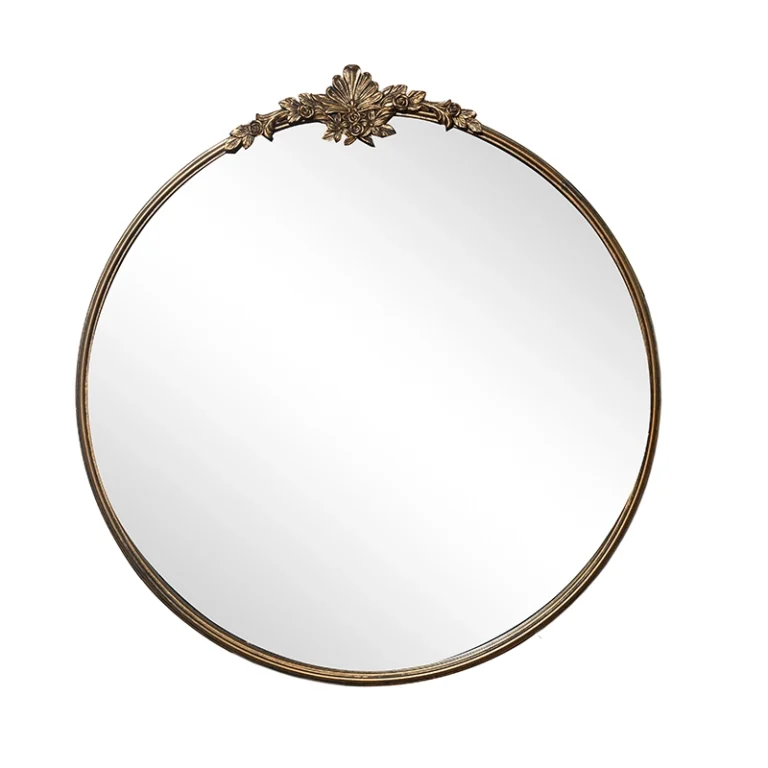
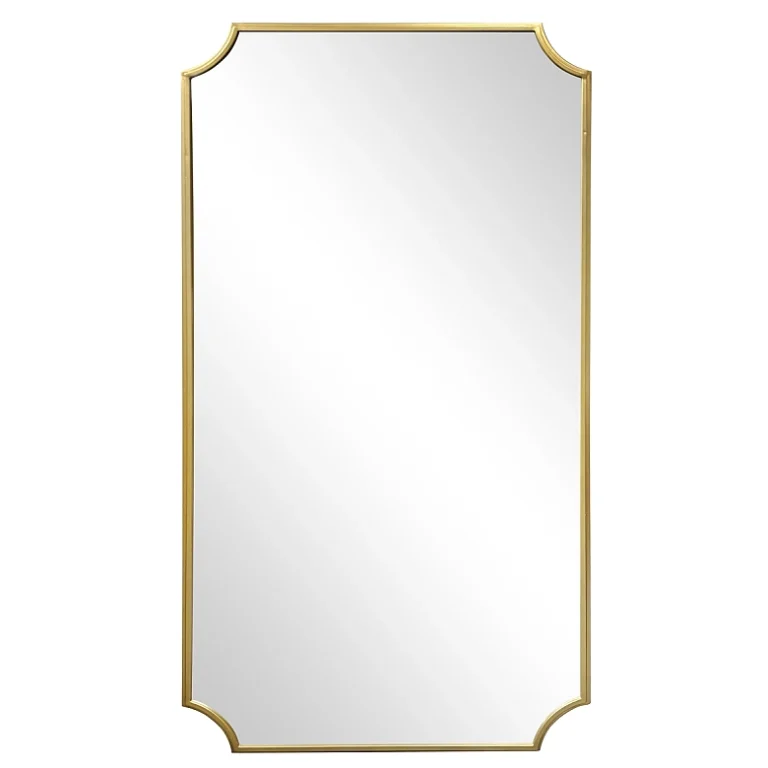
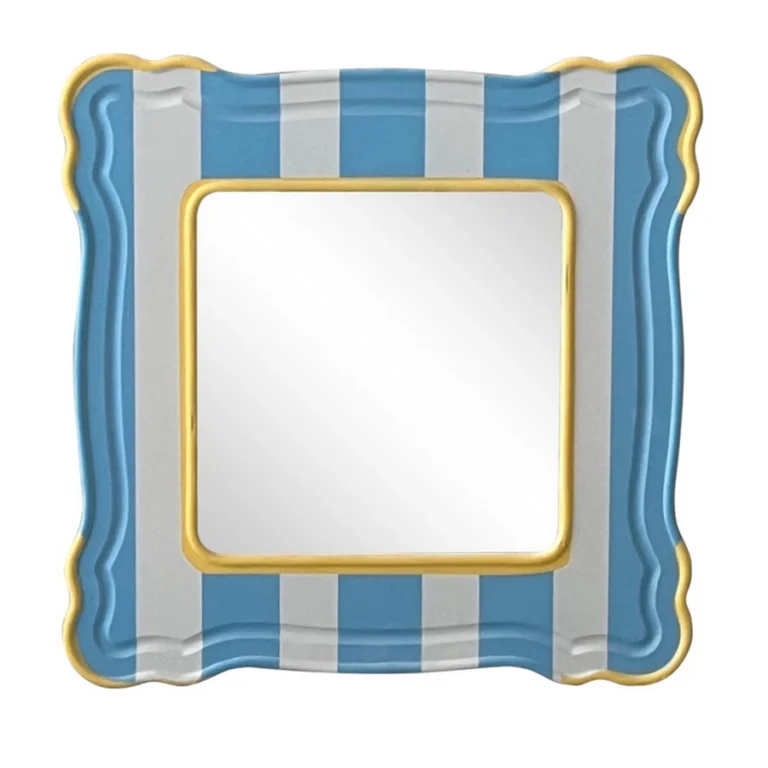
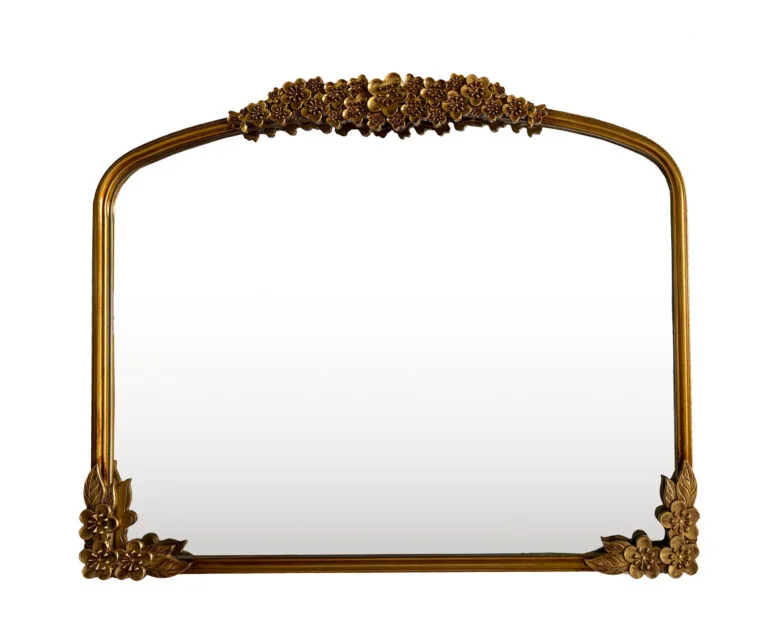
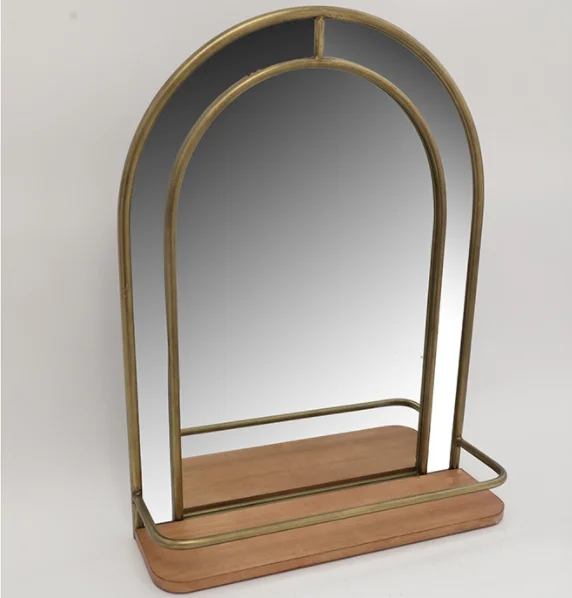
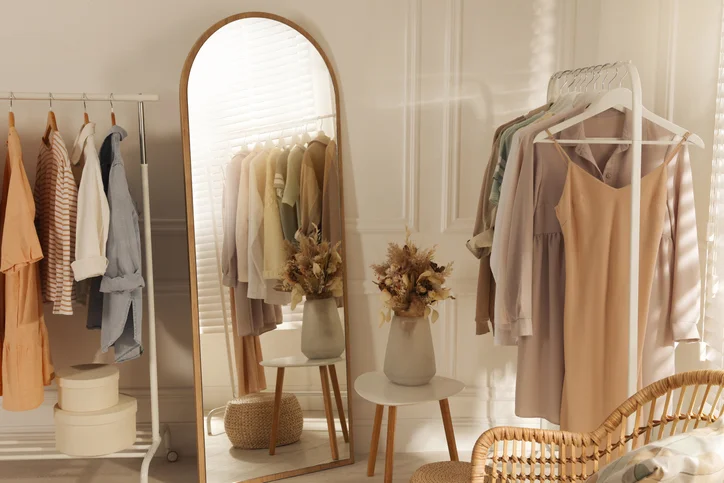
-scaled.jpg)
